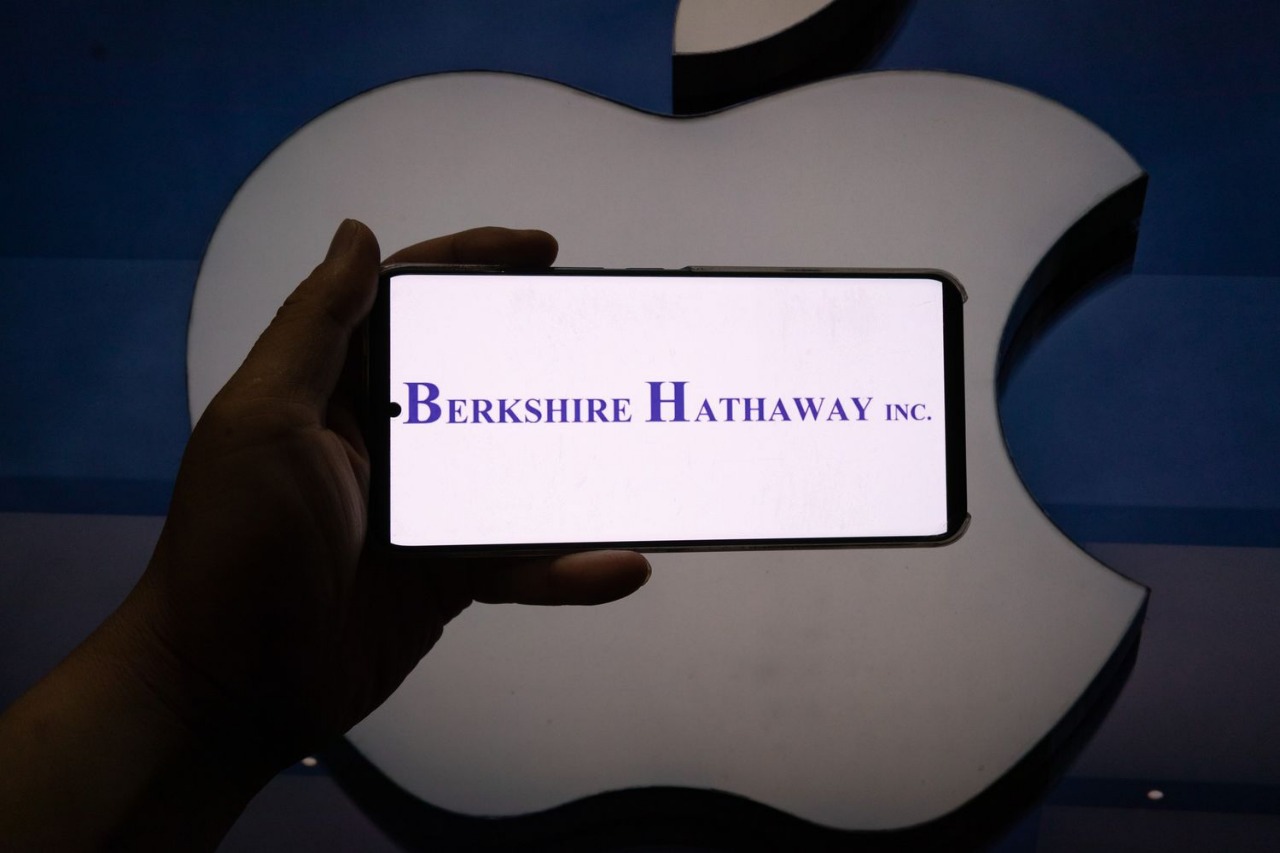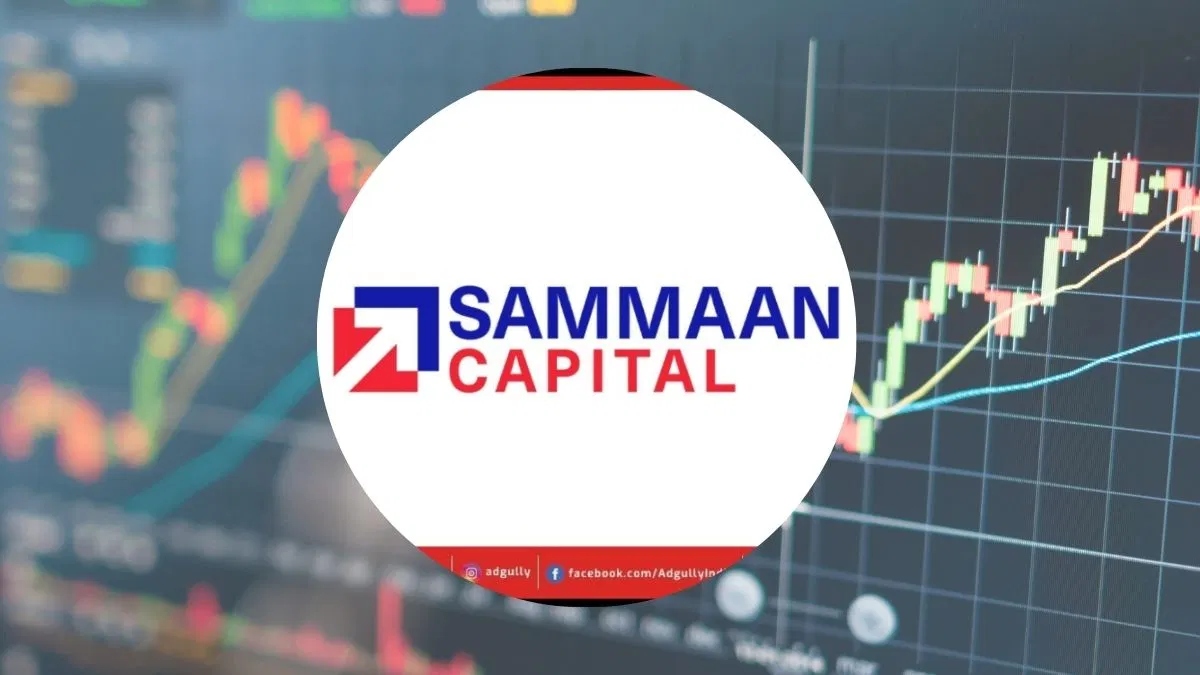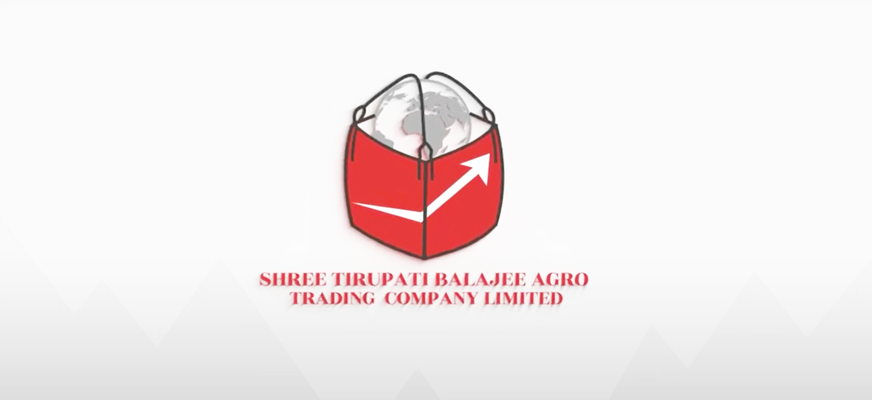Warren Buffett, the iconic "Oracle of Omaha," has formally announced he will retire as CEO of Berkshire Hathaway at the close of this year, handing over the reins to Vice Chairman Greg Abel. It is the end of an era for Berkshire and the investment world at large, with investors laser-beamed on what this change in leadership portends for one of Berkshire's crown jewels: its enormous Apple stake.
Key points from the announcement and the implications:
Apple stake of Berkshire Hathaway, previously more than 900 million shares, has been cut to a fraction since the beginning of 2024. Currently, Berkshire owns some 300 million shares, estimated at around $75 billion, from a record high of 915.6 million shares above $150 billion two years earlier. The decline commenced later in 2023 and endured in 2024, Buffett's sales having already instigated considerable market response, a fall of as much as 7% on one night during which almost half of the share stake was relinquished in Q2 2024.
The change in leadership happens at a juncture where Apple is struggling with decelerating growth. Its latest quarter's revenue growth was only 5%, underperforming the broader market, and the shares trade at premium valuation to the S&P 500. All these headwinds have boosted rumors that new Berkshire CEO Greg Abel might keep reducing the Apple position or potentially get out all together, particularly as Apple isn't the pure value play anymore that Buffett was searching for.
Short term, Buffett's departure should make the stock and the share price more volatile, potentially leading to a dip. Market sentiment tracks closely with Berkshire's investment activity and Buffett's reputation, so a lack of clarity on Abel's plan should trigger additional pressure selling. Parallel analogies with history, such as the stock market's reaction to Steve Jobs' resignation as CEO of Apple in 2011, include the possibility of a short-term dip of 5–10% as the news is absorbed by investors and people wait to get some certainty about Berkshire's intentions.
While the short-term trembles, most observers anticipate Berkshire's response to be cautious. Greg Abel is regarded as a stable hand, likely to uphold Berkshire's value-investing approach and eschew sharp changes. The recent Apple holdings decline seems to be tactical rebalancing rather than an expression of lack of confidence in Apple's long-term outlook.
In the long term, Apple's stock price will be influenced more by how well it innovates and stays profitable than by Berkshire ownership. Apple is still a cash-making machine with brand loyalty and an expanding services business. As much as macroeconomic and regulatory woes continue to exact their toll, the company's fundamentals should ground its valuation once the dust settles on Buffett's exit.
Overall, Warren Buffett's departure as CEO should fuel short-term market volatility and fresh speculation regarding future Apple stock sales by Berkshire Hathaway. But with Greg Abel soon to succeed him and Apple's underlying business remaining firm, the long-term consequence might be minimal. Investors will want to monitor any clues from Abel regarding future portfolio approach, but the days of Buffett's Apple wagers are evidently coming to an end.
Sources: Yahoo Finance, iTech4Mac, Barron's







